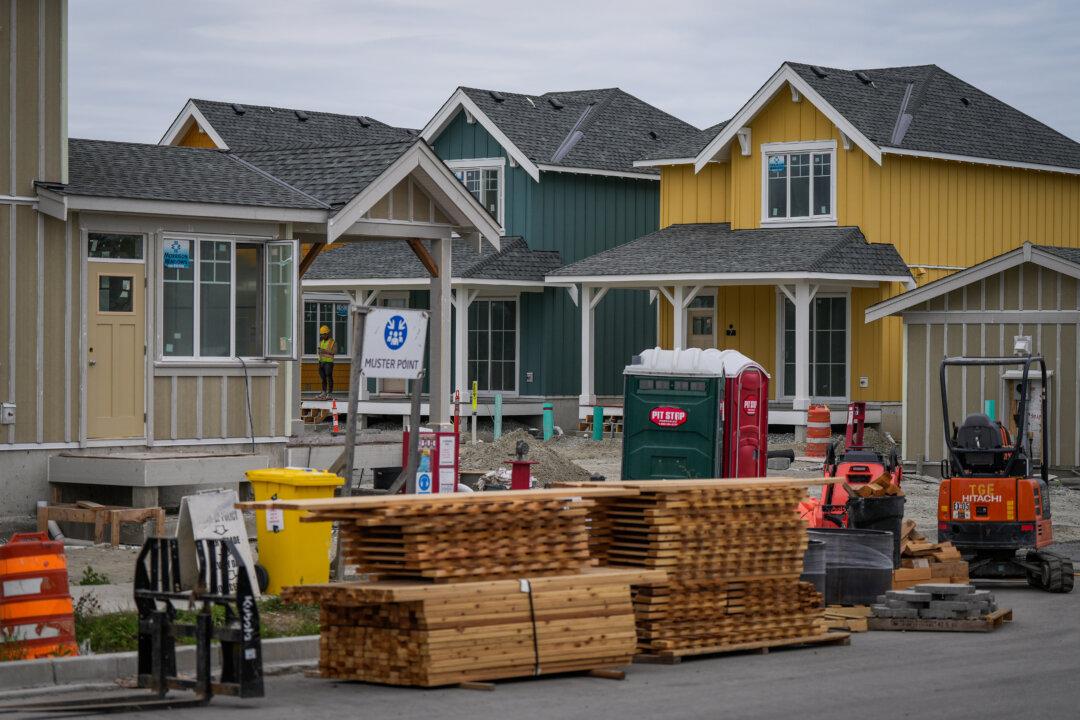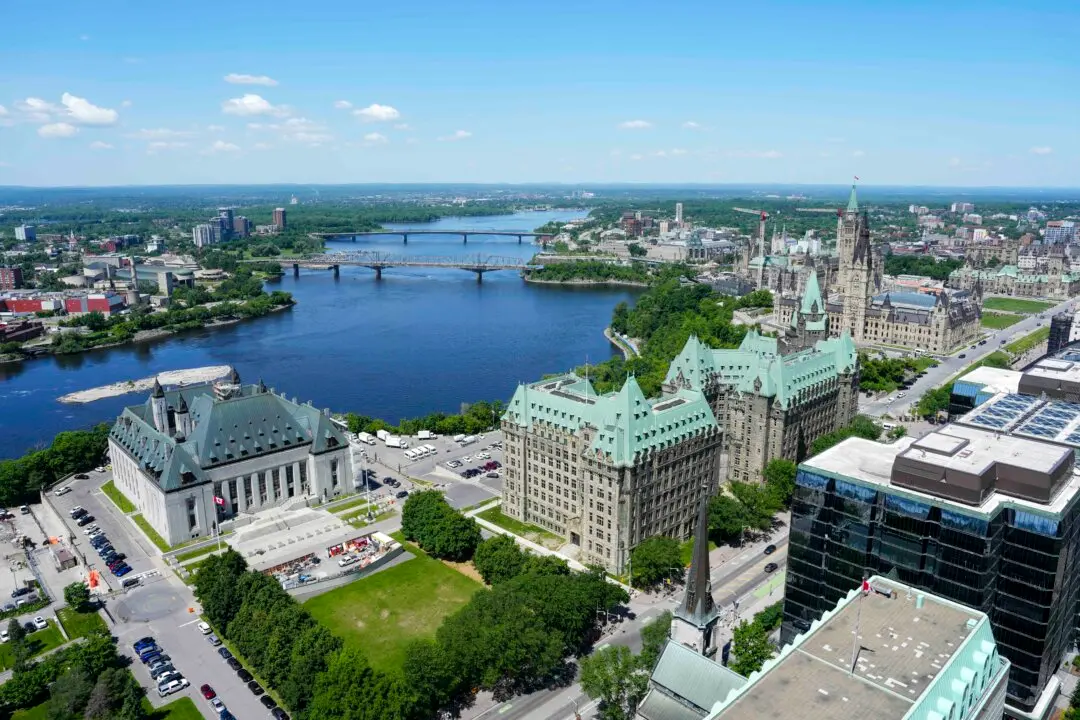Commentary
The late great columnist Allan Fotheringham referred to British Columbia as Lotus Land, partly because of our reputation of being a tad out of touch with reality. Despite this well-deserved stereotype, the current election campaign in Canada’s westernmost province is being fought over the thoroughly practical issues of affordability and quality of life.





